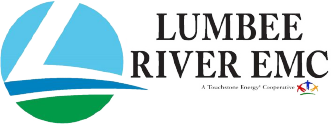The nation's consumer-owned, not-for-profit electric cooperatives are unique within the $391 billion U.S. electric utility industry. More than 900 cooperatives in 47 states provide electric service to almost three-quarters of the nation's landmass.
Providing safe, affordable, and reliable power, many cooperatives are significant economic drivers within their local communities.
Co-ops are much more than energy companies: concern for the community is a core principle of the cooperative business model. Typical cooperative-sponsored economic development initiatives include revitalization projects, job creation, water and sewer systems improvement, and assistance in delivering health care and educational services.
In short, co-ops seek to improve the quality of life for their members and their communities.
Electric cooperatives are:
-
Private, independent, non-profit electric utility businesses
-
Owned by the members they serve
-
Incorporated under the laws of the states in which they operate
-
Established to provide at-cost electric service
-
Governed by a board of directors, elected from the membership, who set policies and procedures implemented by the cooperatives' steering team
North Carolina's electric cooperatives serve more than 2.5 million people across North Carolina in 93 of the state's 100 counties. The 26 electric cooperatives are private, independent, and not-for-profit entities committed to providing a high standard of service to residential, commercial, industrial, and agricultural customers with at-cost electric service. North Carolina's electric cooperatives emphasize the importance of community involvement, integrity, accountability, and innovation.
